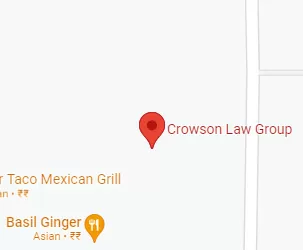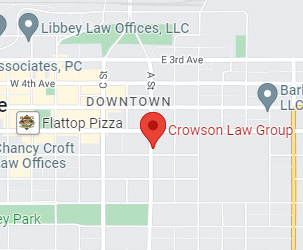Personal Injury: Tips on Handling Insurance Companies

After being injured in a car accident a person may need to submit their claim to the relevant insurance company. Nine times out of ten this process can be long and confusing; the situation is worsened by the fact that the victim is trying to recover from their injuries caused by the accident. This article will discuss some tips that may be useful in handling insurance companies after an accident.
In as much as many insurance companies carry out their duties as required by the law, some of them cut corners and use deceptive practices so as to protect the financial interests of the insurance company. As a result, the insurance company may deny or pay only a minimal amount on valid claims. Knowing this information can help the personal injury victim to be careful and cautious during the process of submitting and substantiating their claim.
One article points to the following as tips provided by a seasoned personal injury lawyer:
- Do not befriend insurance company adjusters – in as much as the insurance adjuster may seem friendly, they are not your friend. It has been noted that this is just a strategy used to get you to trust them. Once you become more comfortable talking to them you may say something that can damage your case. The insurance adjuster represents the insurance company’s interests and in most cases are not really concerned about the victim’s injuries. In fact, they may only be concentrating on resolving the claim for as little as possible.
- Retain a personal injury lawyer – a personal injury lawyer helps accident victims recover compensation for the injuries they have sustained. An auto injury accident lawyer can often complete most of the tasks associated with submitting and substantiating your claim on your behalf. In most cases having a lawyer helps the victim receive a higher settlement in comparison to when the victim does it on their own. In addition, it levels out the playing field between the victim and the insurance company; as having a lawyer protects the interests of the victim.
- Handle communications promptly – some insurance policies specify that the insured must report claims within a certain period of time and must submit information within a given timeline. Rules apply even when the insured is filing a claim against their own insurance company. In addition, failure to promptly and effectively communicate may send a message that the claim is not important to the claimant. It is of the utmost importance that all claims be completed and lawsuits filed before the statute of limitations expires.
- Allow experts to negotiate – claimants should avoid trying to negotiate a settlement on their own. This is mainly because insurance agents deal with such aspects everyday as compared to the victim. Some insurance agents offer a quick settlement to entice the claimant to accept it and not hire an attorney. However, the claimant may not take important elements into consideration when settling quickly such as future medical costs.
- Determine all recoverable damages – speak to an attorney to identify sources of damages; including hospital bills and any anticipated future medical expenses.


